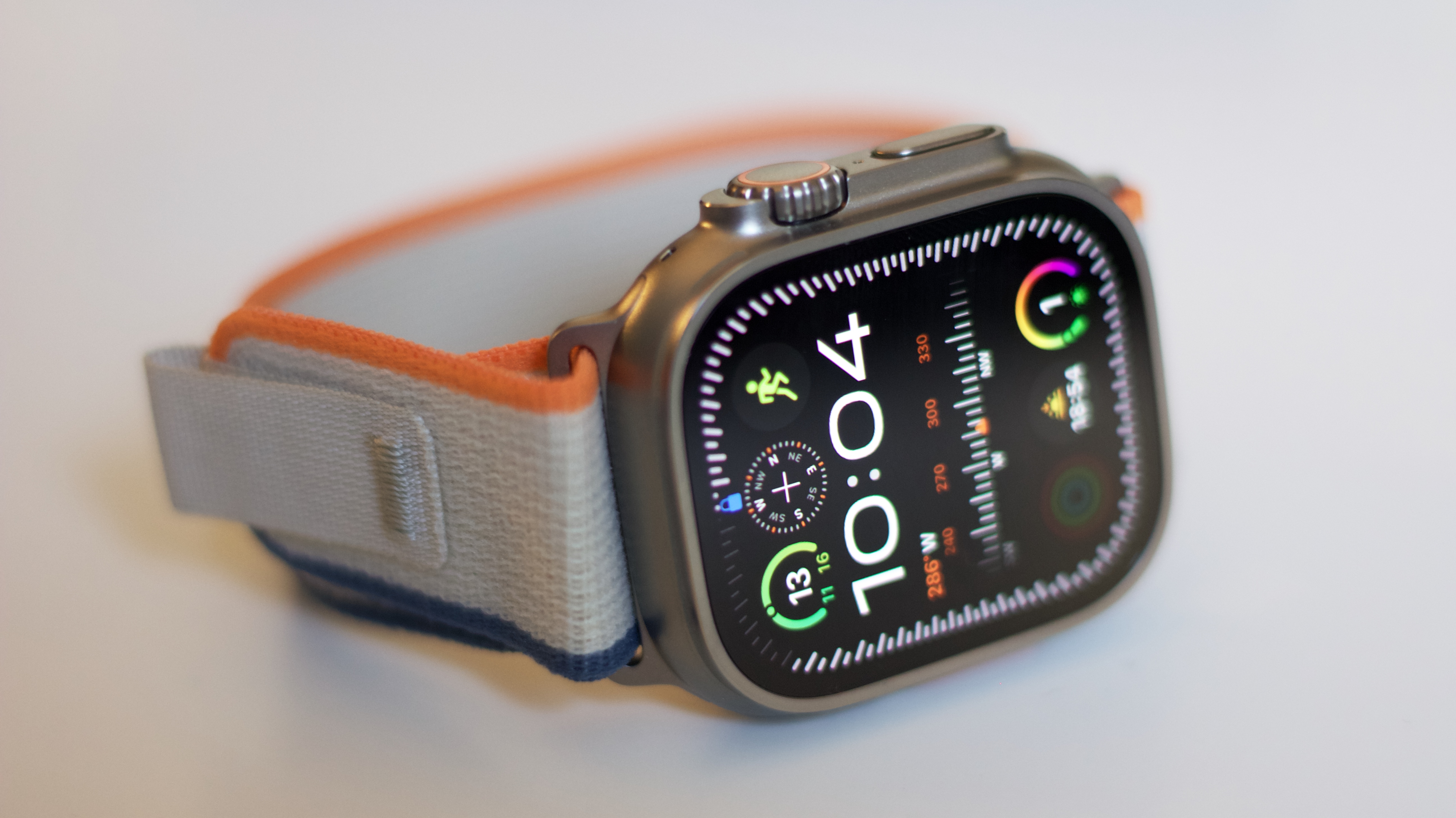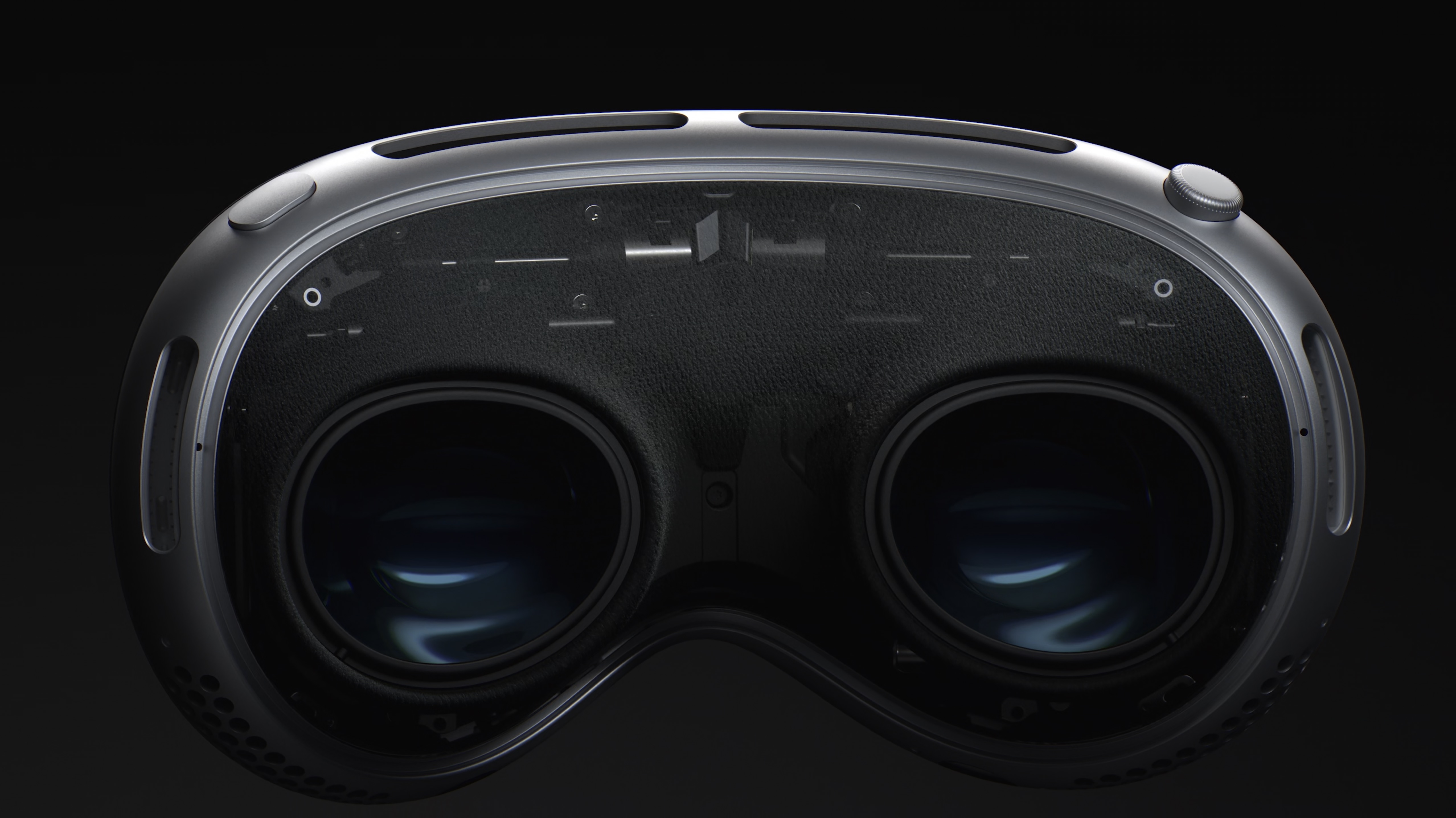
We've been hearing rumors and seeing leaks that point towards a future Apple Watch switching from OLED to a MicroLED display technology for a good long while, with previous reports claiming that 2024 would be the big year. That now isn't expected to happen, but that doesn't mean that Apple isn't still hard at work on the transition to a new display technology.
Now, a new report claims that Apple is targeting a 2026 release window for the first MicroLED Apple Watch, and while it doesn't specify which wearable it will be, the Apple Watch Ultra has featured in previous reports of this type. That seems to make the most sense given the fact it's Apple's most costly Apple Watch notwithstanding upgrades to the Apple Watch Series 9 like cellular connectivity and stainless steel construction. It's a safe bet that the MicroLED displays will cost Apple more than the OLED ones that are used today, and that additional expense is easier to absorb when you're selling a watch for $800 rather than half that.
But the Apple Watch isn't going to be the only device leaning into MicroLED, and the Vision Pro already has two micro-OLED displays. But future wearables and mixed-reality headsets will also benefit from the upgraded display technology, with two companies already starting to gear up their manufacturing operations so they can meet Apple's requirements.
Big hopes for MicroLED
This is all according to a DigiTimes report stating both Samsung Display and LG Display are already starting to ramp up supply in order to satiate what is sure to be growing orders from Apple. The Vision Pro is going to go on sale in early 2024, with Bloomberg's Mark Gurman suggesting a March release window might be the most likely. Beyond that, attention will turn to other products including a future Apple Watch.
The report claims that Apple is considering the move to MicroLED based on a timeline of 2026, but it's still unclear whether it will meet that timeframe. It's also important to remember that Apple can and does change its mind on these kinds of things — as the seeming continuous slippage of the MicroLED Apple Watch may indicate.
As for the benefits of switching to MicroLED technology for wearables and headsets, users can expect better image quality and brighter displays that could be thinner than the ones used today. The outdoor improvements offered by brighter, more contrast-capable displays make them particularly useful in settings where that can be vital — like in an Apple Watch.
What next?

The DigiTimes report also notes that companies are developing new MicroLED displays that could be used for augmented reality glasses. Apple is said to be working on some of its own, but Apple Glass is thought to be years away. To that point, the report notes that "some experts caution that the high-resolution requirement of AR glasses presents numerous challenges before commercialization." It's claimed that the high-resolution requirements would mean shrinking the LED RGB chip sizes so much that production would be problematic. It's for that reason that the Vision Pro uses MicroOLED, for example, a technology more suited to smaller, higher-resolution displays.
Ultimately, technical hurdles can be, and often are, overcome so it's important to never say never in these kinds of situations. But for now, it seems increasingly likely that while Apple does intend to switch the Apple Watch's display up, there's no guarantee when it will happen. For now, we're saying 2026. But don't be too surprised if that changes halfway through 2024. And who knows, it might change a few more times, too.







